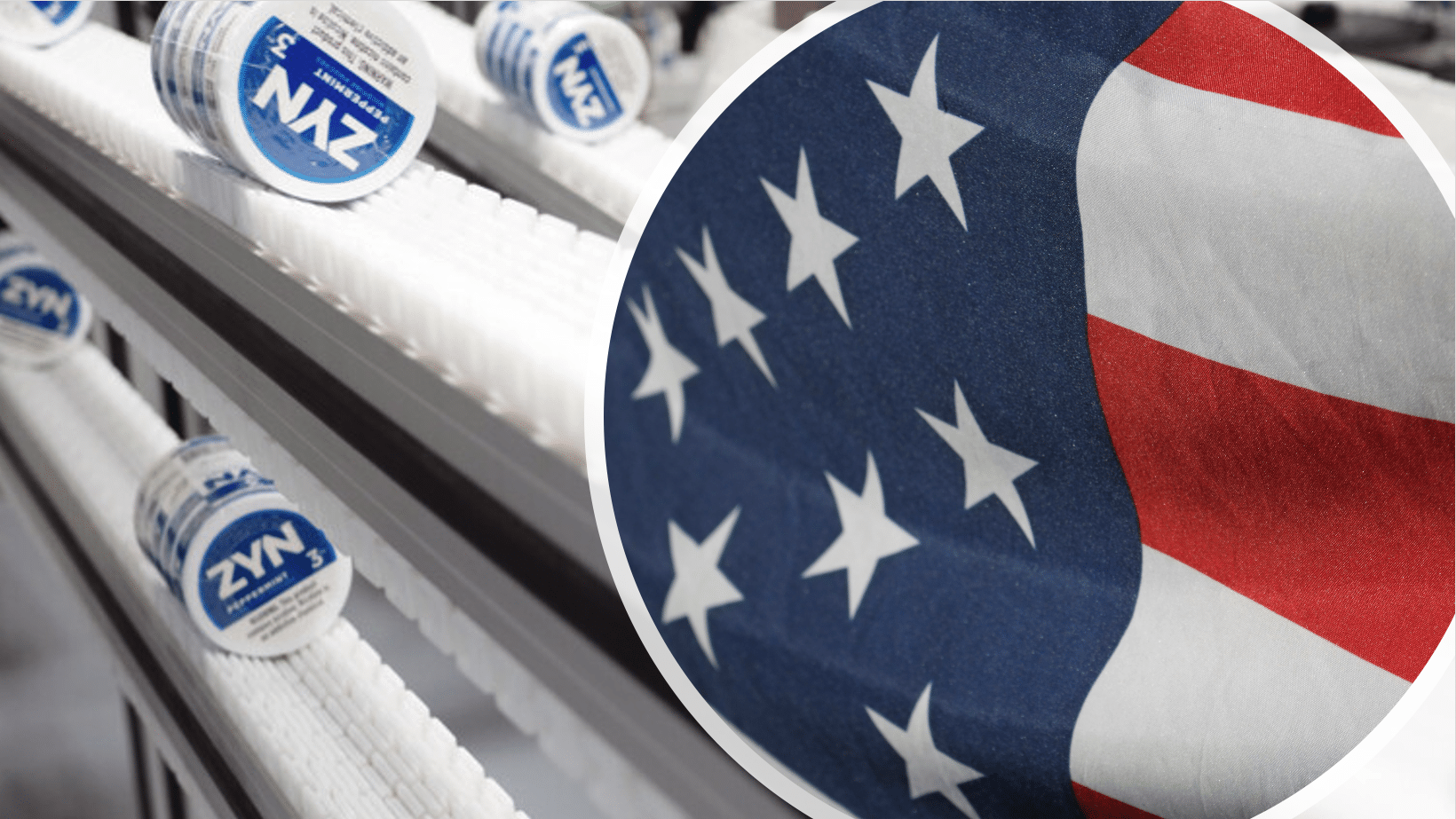The subsidiarity principle, EU, and Swedish snus explained
In this Q&A, the Brussels-based lawyer Martin Johansson, from the Swedish law firm Vinge answers some common questions on what laws, rules, and principles apply to Sweden, the EU, and snus.
Why is snus banned in the EU and what protection does snus have in Sweden?
The sale of snus was forbidden in the EU as early as 1992, with the EU’s Council of Ministers backing up the ban with the claim that snus contains carcinogenic substances, that snus had recently been launched in certain member states and that it was so attractive to young people that three member states had decided to ban it.
The EU’s legislative approach to tobacco products and their packaging had from the start been based on the goal of reducing cancer rates, and the current tobacco directive (2001/37) claims that 80 percent of new smokers are under 18, but snus is nevertheless so far the only tobacco product to be banned in the EU.
In the run-up to the new tobacco directive (2014/4), it has been stated that the ban on the sale of snus should be maintained. This is justified by the fact that the EU Council of Ministers and the EU Parliament state that a continuation of the ban is required to prevent an addictive product with harmful health effects from being sold in the EU.
The sale of snus is allowed in Sweden because Sweden requested an exception from the general EU ban when it joined the EU (this is included in the text of the entry agreement).
Subsidiarity is an important principle in the EU. What does it involve and how should it be applied when it comes to snus?
The subsidiarity principle is one of the EU’s general legal principles and it is secured under the EU treaties. This means that in areas where the EU is not solely empowered to legislate, the EU will only take measures toward its goals for the means towards them cannot be adequately met by member states through legislating at a national level.
The subsidiarity principle is expressed among other places in the new tobacco directive (2014/14), when the directive specifies that the responsibility for regulating the ingredients in snus should remain with Sweden because, as a result of the ban on sales in other European countries, it is only Sweden that has knowledge of the special issues around the product and its consumption patterns meaning that it can most efficiently set new laws for it.
Can the EU ban snus in Sweden, or is it only the Swedish government and parliament who can take that decision?
The EU can in principle ban the sale of snus in every member state except Sweden. In the Swedish Match case (C-210/03), the European Court of Justice found that the ban on snus in the current tobacco directive (2001/37) did not transgress EU rights.
Sweden can however decide on a national level to ban the sale of snus, or alternatively continue to insist on the exception it was granted in its entry agreement.
What happens if the government makes a proposal and the parliament votes it down?
Under the tobacco law, the government has the power to forbid the production and import of various types of tobacco products for sale to consumers. Even if the government has this authority, however, the parliament still has the option of modifying the detail of such edicts, which means that if the parliament opposes a ban on the sale of snus, it can change the government’s decision.
The Swedish National Food Agency has proposed new measures for snus that will make it the most closely regulated and least dangerous tobacco product in the world. Does this have any impact on the tobacco directive?
Not directly. The EU Council of Ministers and the EU parliament have both accepted the new tobacco directive (2014/40), which continues to forbid the sale of snus in all EU countries except Sweden. Because it is legal to sell snus in Sweden, the directive also gives the responsibility for regulating the ingredients in snus to Sweden. The National Food Agency’s proposals, if they are applied, will not impact the directive due to this.
Indirectly, however, the new proposals could in a more general way increase support for the position that snus is less dangerous for health than other tobacco products and that it is therefore not proportional to maintain rules for snus that are more restrictive than those for other tobacco products.




